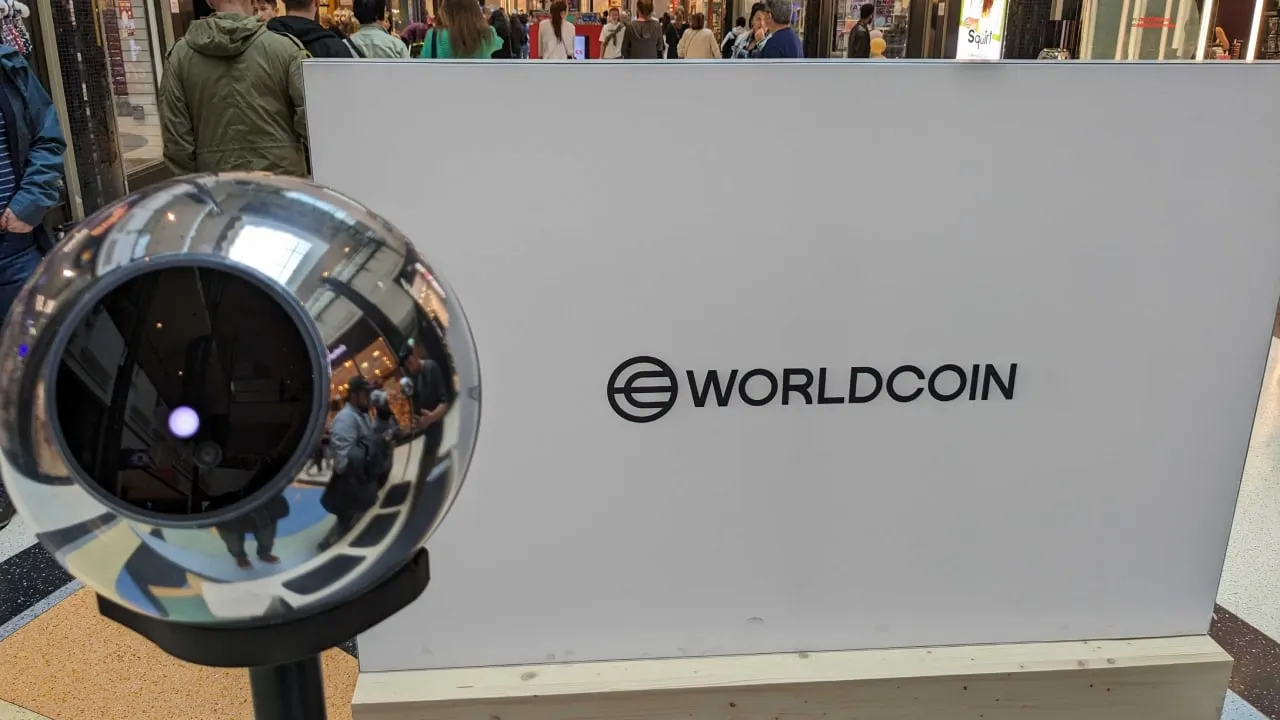We do the research, you get the alpha!
Nairobi police, along with multi-agency officials, raided a Worldcoin warehouse in the Kenyan capital last Saturday, local news outlets reported.
Police officers reportedly seized documents and machines which were allegedly sent to the Directorate of Criminal Investigations headquarters for examination.
According to local media, Immaculate Kassait, the commissioner of Kenya's Office of Data Protection, said Worldcoin's parent company Tools for Humanity failed to disclose its true intentions when it registered in Kenya.
When Decrypt reached out to local authorities for a statement, there was no response at the time of publication. A source close to the matter confirmed with Decrypt the raids took place.
Last Wednesday, the Kenyan government announced the suspension of Worldcoin’s activities in the country to examine the legality of the company’s operations, the safety and protection of the data harvested, and how the company intends to use the data.
Worldcoin's data woes
Introduced in late July 2023 by OpenAI CEO Sam Altman, users prove that they are humans by scanning their irises via a piece of hardware called an “Orb.”
In exchange, they receive 25 of the project’s native cryptocurrency WLD. Those Orbs are now available in more than 300 locations around the world, with more than 2,200,000 persons already registered, according to Worldcoin’s official website.
Kenyan authorities' primary concerns are the same as in the other countries where Worldcoin operates. It revolves around the usage of the data the company collects when scanning people’s eyeballs.
Asked for comments, a Worldcoin spokesperson emphasized the fact that the company does not and never will sell any user personal data. “Worldcoin was designed to protect individual privacy and has built a robust privacy program,” the spokesperson told Decrypt. “The Worldcoin Foundation complies with all laws and regulations governing the processing of personal data in the markets where Worldcoin is available.”
According to the company, any images captured during the World ID verification process are promptly deleted from the Orb.
The Kenyan Capital Markets Authority (CMA) also expressed its reservations about the company’s legal frame of its operations in the African country.
Moreover, the process of scanning itself reportedly caused security problems in Nairobi, by attracting massive gatherings. "The demand for Worldcoin’s proof of personhood verification services in Kenya has been overwhelming, resulting in tens of thousands of individuals waiting in lines over a two-day period to secure a World ID,” a spokesperson for Worldcoin told Decrypt. “Out of an abundance of caution and in an effort to mitigate crowd volume, verification services have been temporarily paused.”
The company said it is now focused on adapting its processes.
“During the pause, the team will develop an onboarding program that encompasses more robust crowd control measures and work with local officials to increase understanding of the privacy measures and commitments Worldcoin implements, not only in Kenya but everywhere,” the Worldcoin’s spokesperson told Decrypt.






